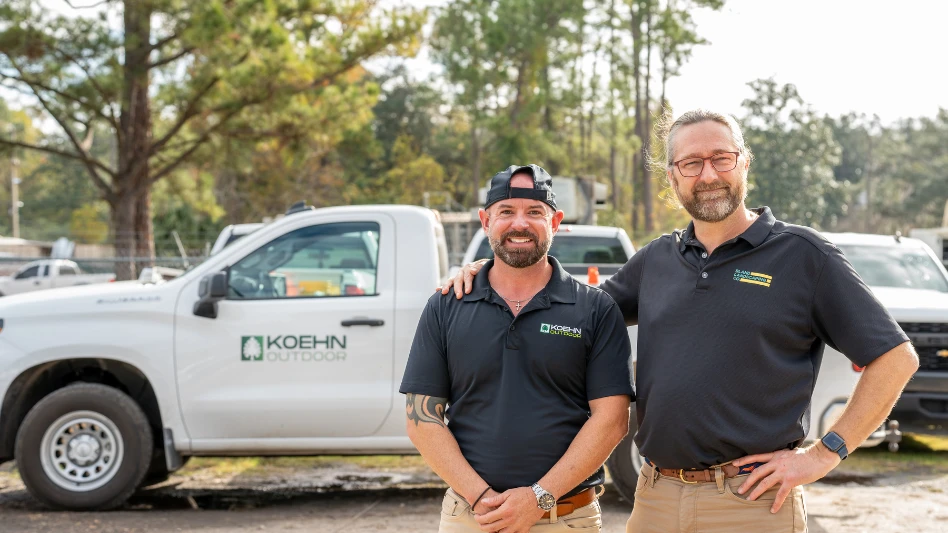 Cliff Wheeler
Cliff Wheeler
Photo: B&B Exterminating Last November, as the management team at B&B Exterminating sat down to review the company’s year-end numbers, something didn’t add up.
November revenue looked OK, but December was “extremely low” and January was “very low,” says Cliff Wheeler, manager at the Jacksonville, Fla.-based company. After further examination, management saw that accounts receivable amounts were getting bigger and bigger – like tens of thousands of dollars bigger. Lawn care contracts were delinquent, and termite warrantee renewals had gone unpaid for six months.
“When you run your numbers this year to last year, when you start seeing we’re down a lot of money … Next thing you know, you’re looking at a lot of your customers are not responding to the notices they get in the mail,” Wheeler says.
So management sat down and decided to do something about it. They put together a list of any account 30 days past due. That list is then split up and distributed to the management team and the office staff. Everyone gets a few names, and they call clients twice a week to leave a “friendly reminder,” Wheeler says, that their account is past due.
“Communication is the key. Keeping in touch with your customers is also key,” he says. “Sending a piece of paper doesn’t do what a personal call will do. It makes a difference, I think.”
The company, which does about $6 million a year in lawn care and pest control, has seen its accounts receivable drop after implementing the strategy.
“I will tell you, it seems to be working for our lawn payments,” Wheeler says.
The company has also found success by offering payment plans to these late payers, which typically are the result of customer oversight. He says the bulk of the company’s clients never see the technician who services their home.
“That has saved a ton of accounts,” he says, referring to the payment plan. The down economy also added to the amount of money due. As people in Florida started to feel the impact of the tight economy, they reassessed what bills they really had to pay. “Do you pay your electric bill, your termite bond or your lawn service?” Wheeler asks.
And, Wheeler adds, the twice-a-week calls to accounts haven’t turned people off from the company’s services. “We’re not really losing customers,” he says. “Our lawn department is growing.”
B&B, founded in 1938, started the lawn care program four years ago, and has two technicians who work on fertilization and control of fungus, weeds and insects.
Wheeler advises other business owners with growing receivables to just pick up the phone and call problem accounts. Open communication works better than a form letter or an easily deleted e-mail, and it shows that you really care about the person.
“Call them and offer to work out payments,” he says. “A voice goes a lot further than a notice in the mail. Make it personal, make it personal. Show that you really care, and actually do care. I care about everything we do here, and I know our techs care.”
Clients also have to receive something worthwhile for the money they’re spending, he says. He credits the company’s high renewal rate to high rates of customer satisfaction.
“The results have to speak for themselves,” he says. “If your results are not good across the board, you’re not going to do well.”
The author is associate editor of Lawn & Landscape magazine. Send him an e-mail at cbowen@gie.net.

Explore the November 2009 Issue
Check out more from this issue and find your next story to read.
Latest from Lawn & Landscape
- Analysis of an entrepreneur
- Terra Nova's Sedum Conga Line variety wins Best of 2024 Perennial award
- Different ways to distribute
- Case's 580EV electric backhoe loader wins Good Design Award
- Davey Tree promotes Dan Herms to VP, GM of Davey Institute
- Caterpillar's Cheryl H. Johnson set for April retirement
- Registration open for sixth annual Lawn & Landscape Technology Conference
- 12 interview questions to help you hire winners





